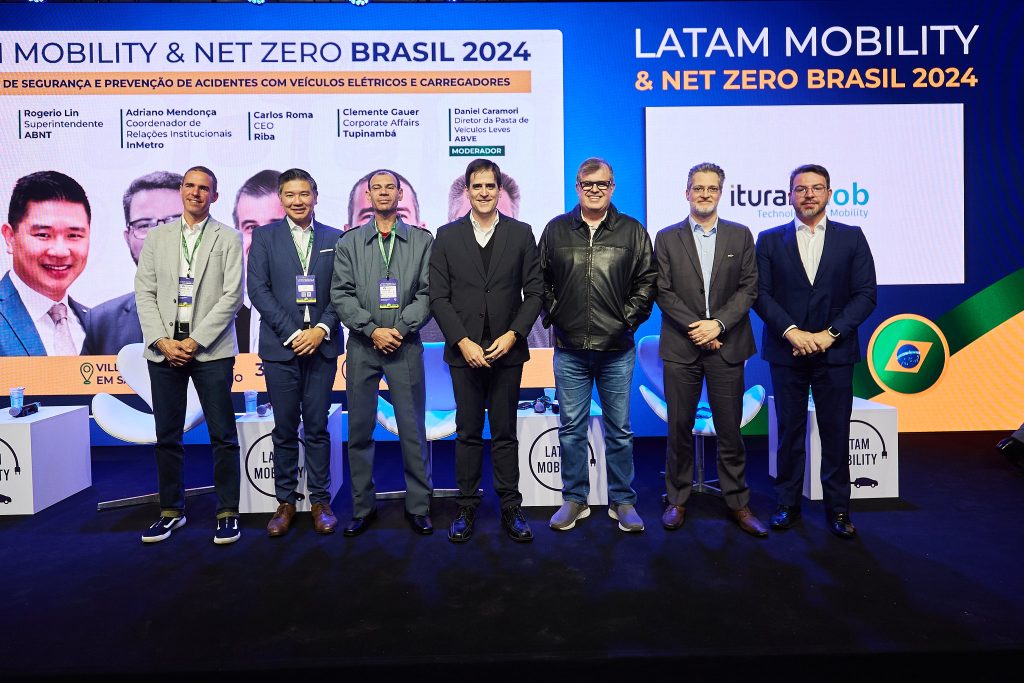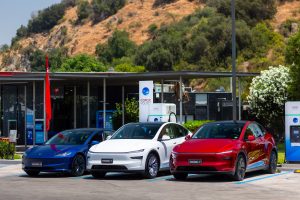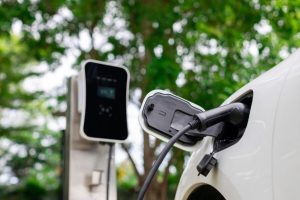
ABNT, InMetro, Power2Go, Riba and Tupi Discuss Vehicle and Charger Accident Prevention
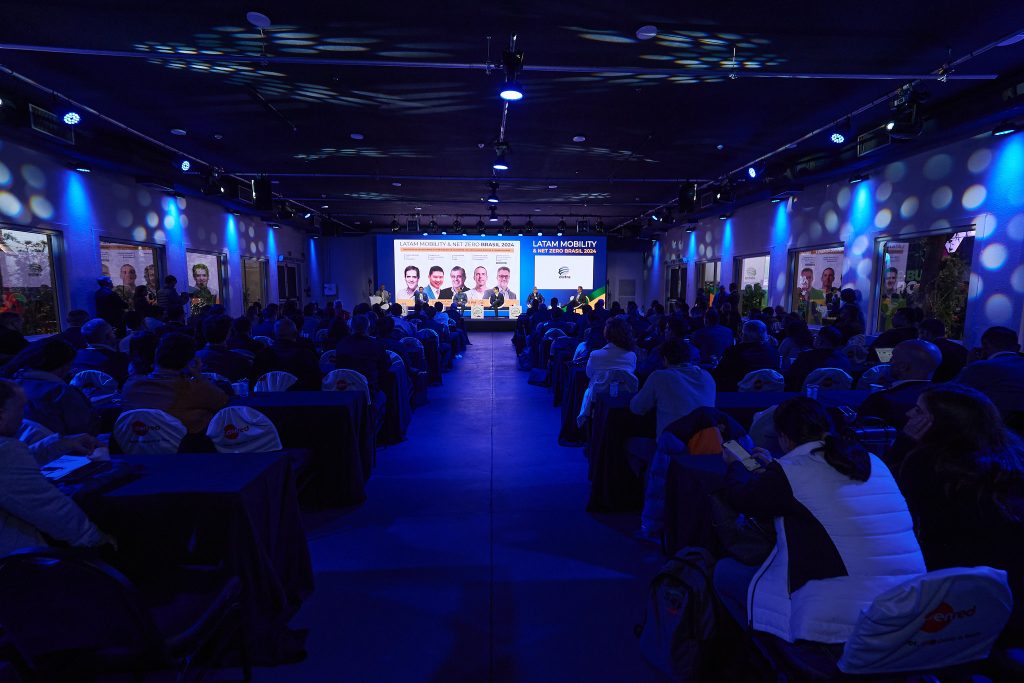
The city of São Paulo was the scenario that turned the South American giant into the epicenter of mobility and sustainability, when it opened its doors to the “Latam Mobility & Net Zero: Brazil 2024“, a meeting that welcomed more than 500 people and featured the most prominent leaders from the public and private sectors.
The Summit covered multiple topics, including the panel “Safety Protocols and Accident Prevention with Vehicles and Chargers“, with the participation of Tadeu Azevedo, CEO of Power2Go; Carlos Roma, CEO of Riba; Adriano Mendonça, Institutional Relations Coordinator of InMetro; Clemente Gauer, Corporate Affairs of Tupi, and Rogerio Lin, Superintendent of ABNT, under the moderation of Daniel Caramori, Director of Light Vehicles of ABVE.
You may also be interested in: Autel, Enel X, Huawei, Voltbras and WEG Analyze Challenges for Freight Infrastructure in Brazil
Risk Definition
Rogerio Lin, Superintendent of the Brazilian Association of Technical Standards (ABNT), specifically of the Brazilian Fire Safety Committee, indicated that when they started the studies to analyze and define the risks of electric vehicles, as well as the regulations and procedures to be followed, since due to thermal runaway, the way it should be approached is to a certain extent, different.”
“To control the fire of a combustion car requires 2,000 to 5,000 liters of water, while for an electric one it is not so fast and volumes from 30,000 to 90,000 liters of water are needed. There have been episodes and cases of thermal exhausts that lasted six hours. It is a different type of fire, although the risk is the same as a combustion car,” explained the ABNT representative.
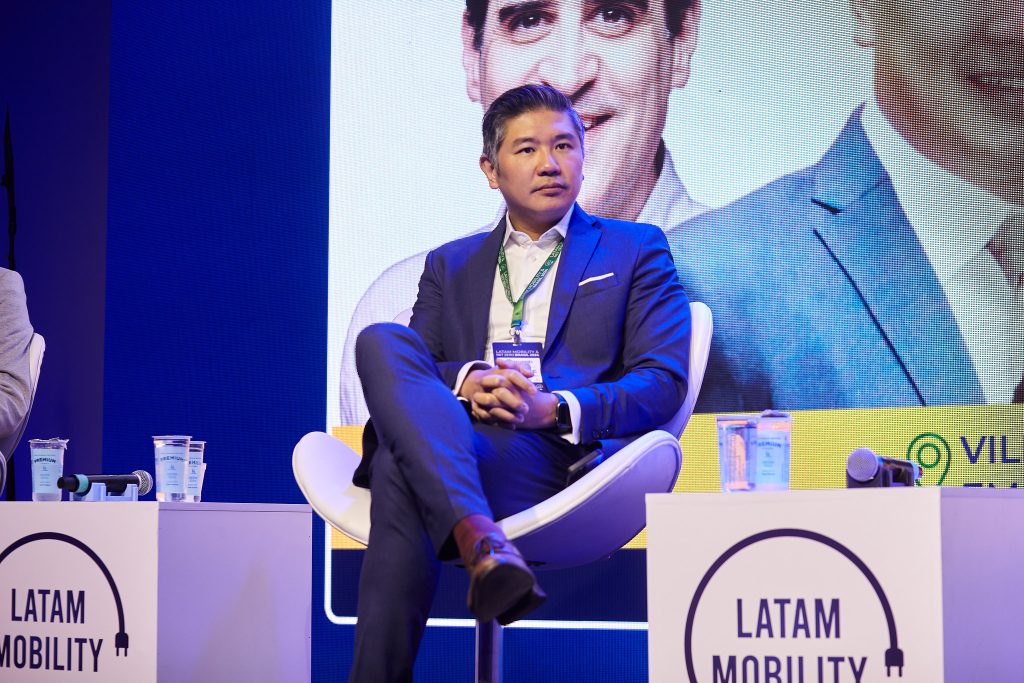
“The main risk is the spread of flames from one vehicle to another, as well as smoke emission. There, we understood that most commercial buildings in Brazil are prepared, have detection systems, automatic showers, and smoke control. However, when we took a look at Canada, USA, Australia, we realized that we are a bit behind. The debate and progress must continue because people’s safety comes first,” Lin emphasized.
Spreading Knowledge
Carlos Roma, CEO of Riba, began by pointing out that the combustion car is 70 times more likely to catch fire than the electric car. “Our challenge is to spread knowledge. New technologies raise questions and those of us who are immersed know that the electric vehicle is super safe, and will become increasingly so.”
“We have been using combustion vehicles for more than 120 years and we still have a problem that we have not managed to solve, the so-called golden hour: when a combustion vehicle catches fire, there is very little time to save a life, while in an electric one, this is not the case, the golden hour is 10 to 15 minutes, enough time to rescue the person. We have learned that certain solvents reduce the so-called 30,000 liters of water to very few liters, thanks to new technologies,” he explained.
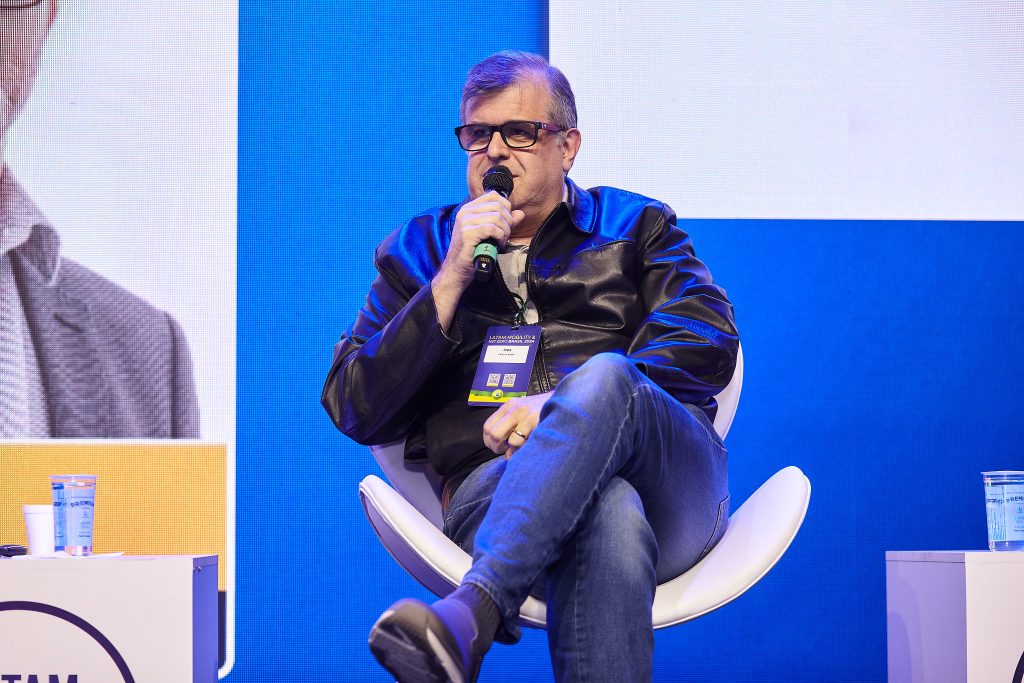
“The best thing that has happened was the firefighters’ call for public consultation, so that we can get to the bottom of the causes, and how to address the incidences that occur, not only in electric vehicles, but in all energy alternatives. Brazil is the ideal country for us to have a varied offer, with democracy and disseminated knowledge, the best way to put an end to fake news”, said Roma.
Quality and Safety
Adriano Mendonça, InMetro‘s Institutional Relations Coordinator, began his presentation by pointing out that in the face of new technologies and infrastructures, they decided to be part of the discussion. “Our role is to work for the consumer to have safety and quality. We are responsible for many products that we control in the market, and as an institution, we are concerned that a proven product or service is offered.”
In relation to electromobility, the InMetro representative said: “Currently, we are dealing with the mandatory certification of chargers. It is the principle, knowing what kind of products are going to be installed in houses or garages, so they have been tested with all the established criteria and standards. In the next few days, we are going to launch a public consultation to address this issue and bring it up for discussion with those who have an interest in this process. We will move forward, and this will generate peace of mind.”
“At InMetro we are partners of the industry, which has been concerned about putting products on the market that cater to everyone. I reiterate the disposition we have within the organization to have open doors with all segments, participating in the various processes that are being carried out, to offer users certified products with our seal of quality,” reiterated Adriano Mendonça.
Law and Balance
Clemente Gauer, Tupi‘s Corporate Affairs representative, identified himself as an electric mobility enthusiast. “I have driven an electric car for more than 100,000 kilometers and I see it as a refrigerator, without the need to change oil, spark plugs or put gas in it. When you live this movement, you understand the importance of being able to plug in your electric car and charge it at home, just like the same right to plug in the refrigerator.”
“A balance must be exercised between what is technically possible, in light of safety, in order to benefit this major shift in transportation, without harming people’s right. In many countries around the world there is a legal right to recharge the vehicle. I hope that in one or two years, we will have a law in Brazil that gives people the right to plug in their cars safely.”
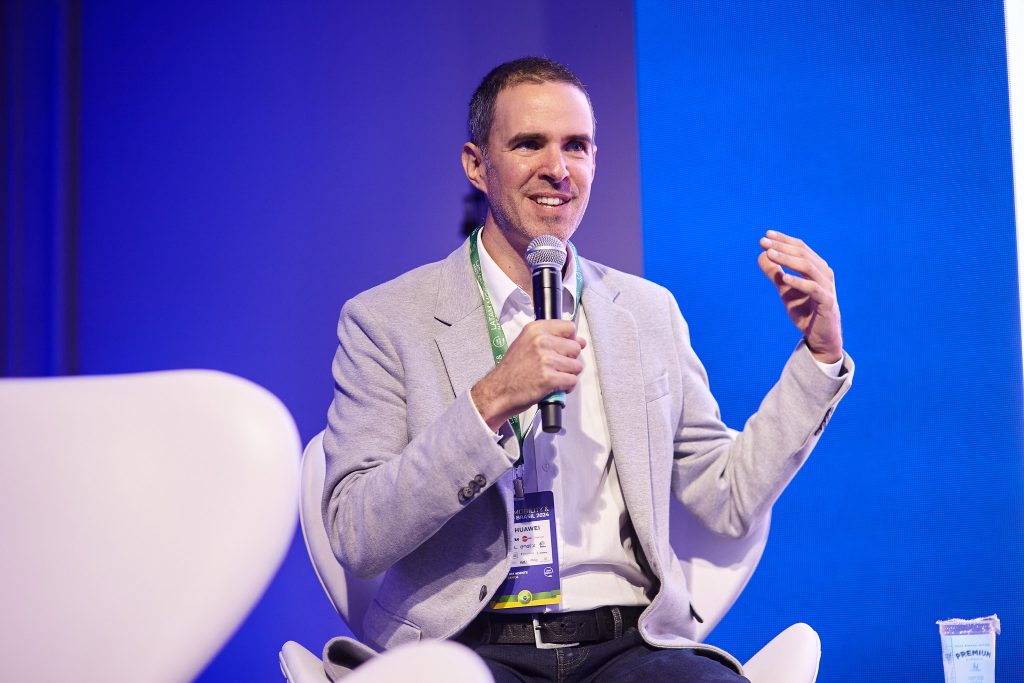
Finally, the Tupi representative, thanked the São Paulo State Fire Department for holding the public consultation to draw attention to safety. “Thank you for the opportunity we have had here, with a fire department that brings an important issue to light, to prevent any tragedy from happening.”
Scalable Solutions
Tadeu Azevedo, CEO of Power2Go, started with a reflection: “Today, many problems we have with electrical installations in general or with electric vehicles is because people are not following the rules. For example, in Brazil, cable manufacturers are not required to certify them, and they do not guarantee that they will not catch fire or have problems during use. We must use certified products.”
On the other hand, the representative of Power2Go, an electric vehicle charging operator in Brazil, said, “We should prohibit the use of portable chargers in the garages of buildings, because it is impossible to balance the load with a laptop. The first thing it does is prevent residents of a building from being able to charge their cars, because without load balancing, the capacity factor must be taken into account. The rule was created to use the wallbox in the garage.”
“It’s very important to do meetings, approvals, the technical process, project approvals, and take the time to talk about building installations. The automotive industry is gigantic, and mobility affects us all, so it is our right to have scalable solutions; we have to think that in 10 years there will be 10 million electric vehicles and everyone will want to charge. This is why we have to think about solutions for the future. This should be a national discussion,” said Azevedo.
